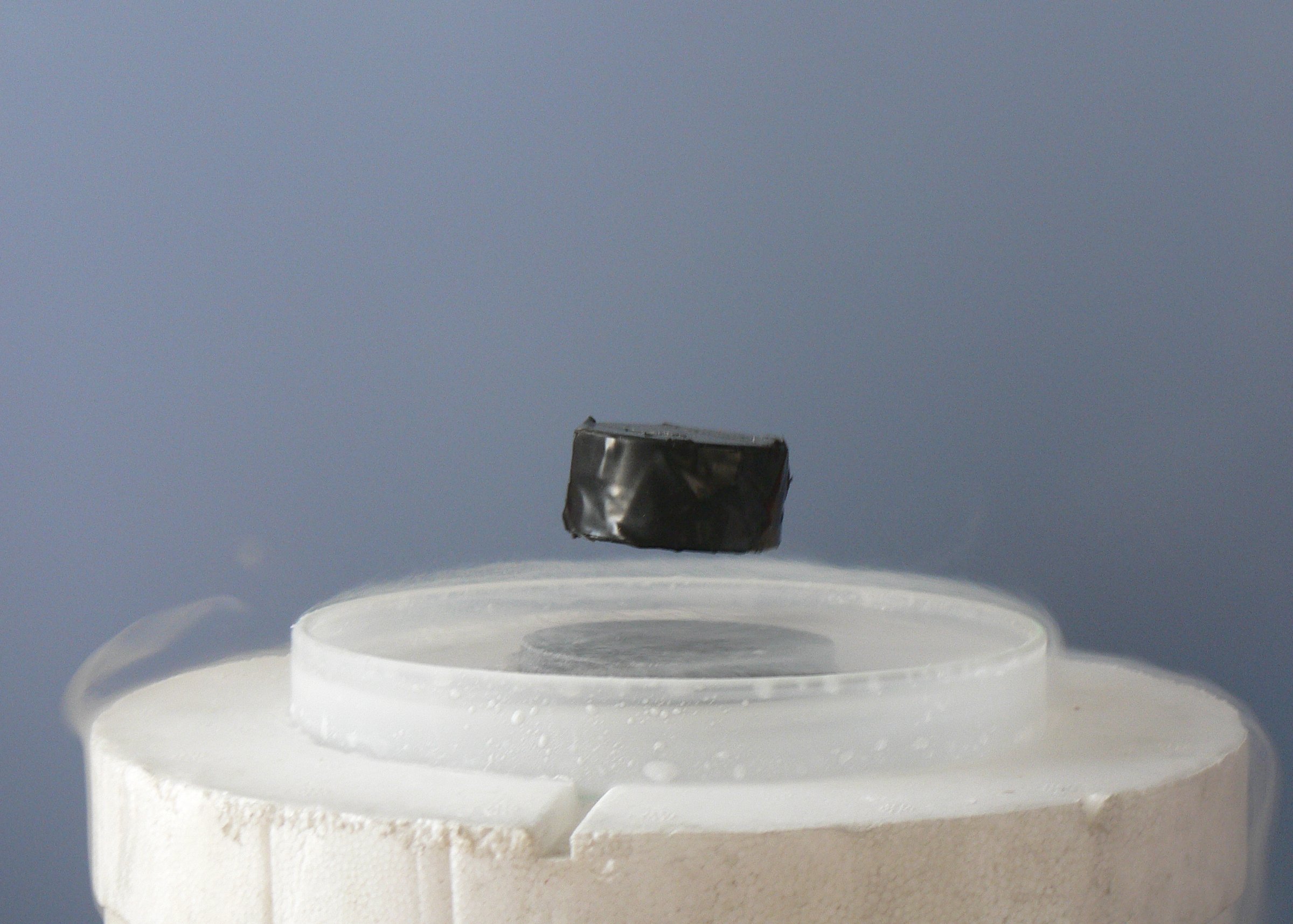Practical applications of Superconductors
- Introduction to Superconductors
- Different Types of Superconductors
- Quantum Mechanics
- Synthesis and Fabrication of Superconductors
- Superconductors and Electronics
- Superconductivity and Energy
- Innovation and the Future of Superconductors
- Reflection and Discussion
Superconductivity and Energy
Improving Energy Efficiency with Superconductors

Electrical conductivity with exactly zero resistance.
Superconductors, with their ability to conduct electricity without resistance, have the potential to revolutionize the way we generate, distribute, and use energy. This unit will explore how superconductors can be used to improve energy efficiency, particularly in the context of renewable energy systems.
The Role of Superconductors in Improving Energy Efficiency
Superconductors can dramatically improve energy efficiency in several ways. Firstly, they can reduce energy loss during transmission. In conventional power lines, a significant amount of energy is lost as heat due to electrical resistance. Superconductors, however, can transmit electricity without any loss, making them highly efficient.
Secondly, superconductors can improve the efficiency of electrical devices. For example, superconducting coils can be used in electric motors to reduce energy loss and improve performance. Similarly, superconducting cables can be used in data centers to reduce energy consumption.
Superconductors in Renewable Energy Systems
Superconductors can also play a crucial role in renewable energy systems. For instance, they can be used in wind turbines to increase efficiency and reduce the size and weight of the generator. This can lead to significant cost savings and make wind energy more competitive.
In solar power systems, superconductors can be used to improve the efficiency of power conversion and transmission. They can also be used in energy storage systems to store excess energy generated by renewable sources for later use.
Case Studies of Energy Efficiency Improvements Using Superconductors
Several projects around the world are already using superconductors to improve energy efficiency. For example, the city of Essen in Germany has installed a superconducting cable in its power grid to reduce energy loss and improve stability.
In the United States, the Department of Energy's Oak Ridge National Laboratory is developing a superconducting magnet for use in wind turbines. The magnet is expected to reduce the weight of the turbine by half and increase its power output.
Future Trends and Research in Improving Energy Efficiency with Superconductors
Research in the field of superconductors is ongoing, with scientists continually seeking ways to improve their performance and reduce their cost. One promising area of research is high-temperature superconductors, which can operate at higher temperatures than conventional superconductors, reducing the need for expensive cooling systems.
In conclusion, superconductors have the potential to significantly improve energy efficiency, particularly in the context of renewable energy systems. As research progresses and the cost of superconductors decreases, we can expect to see their use become more widespread in the future.